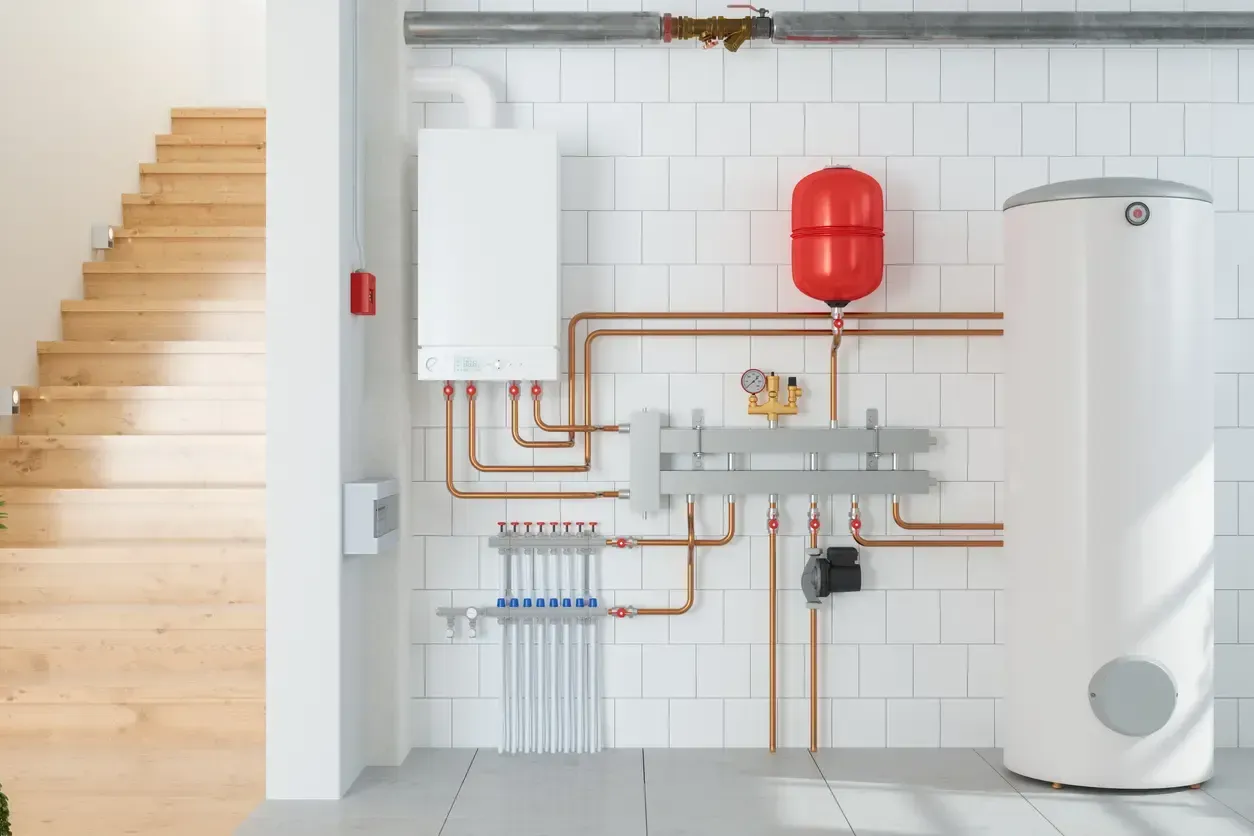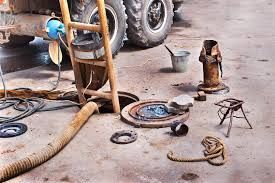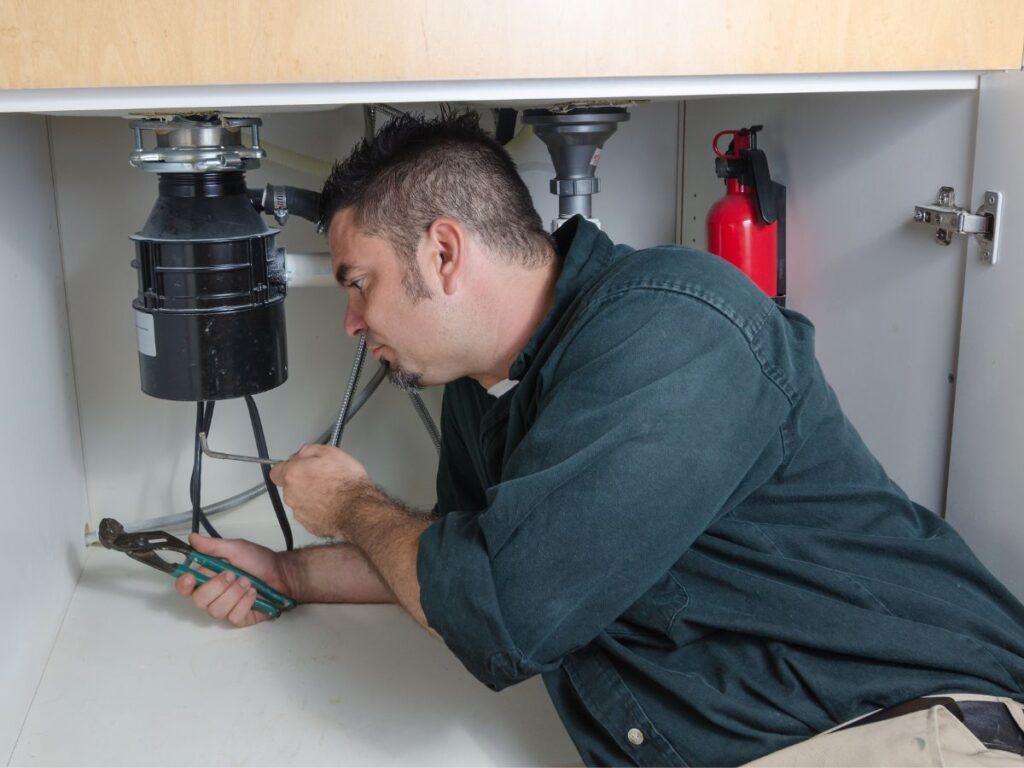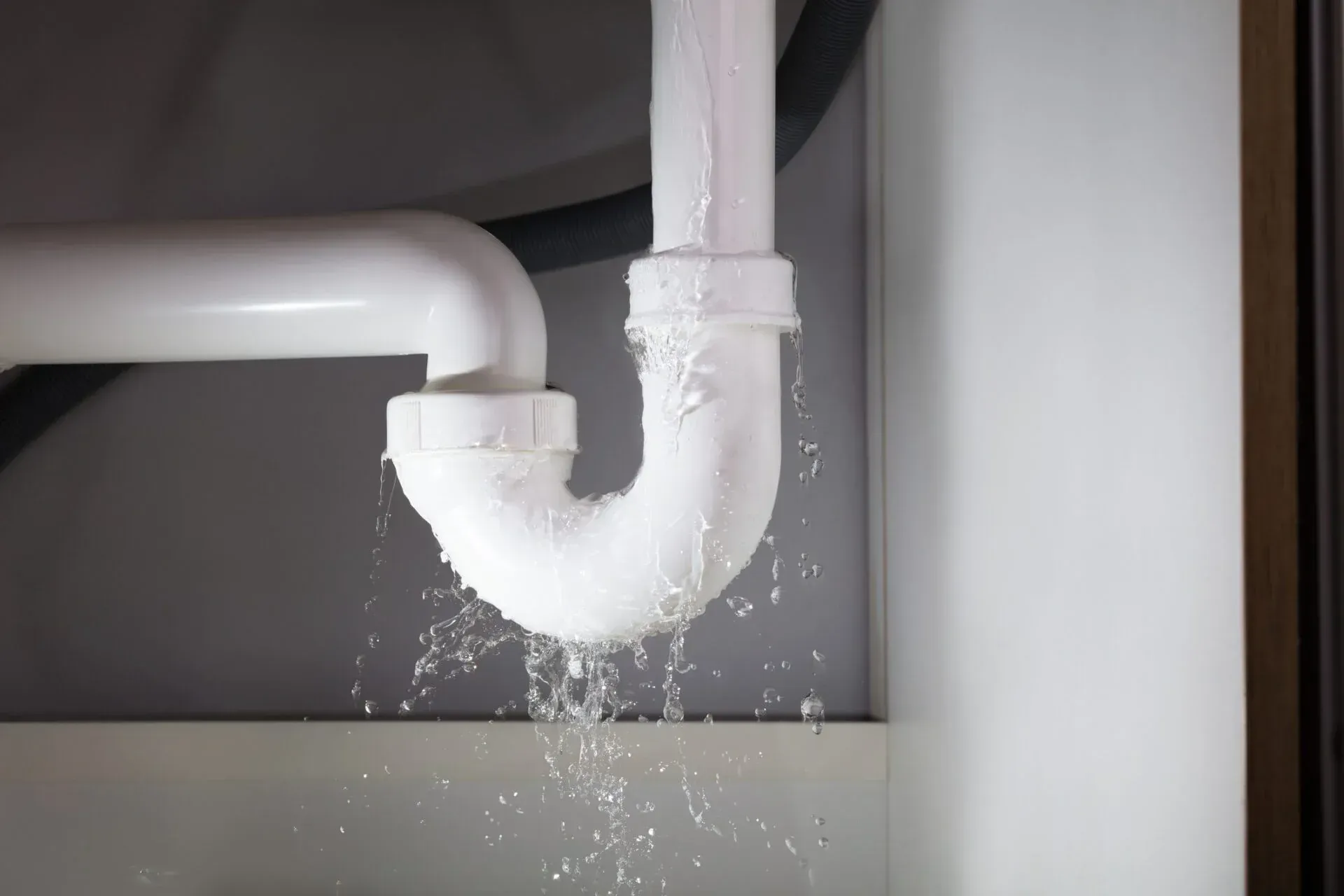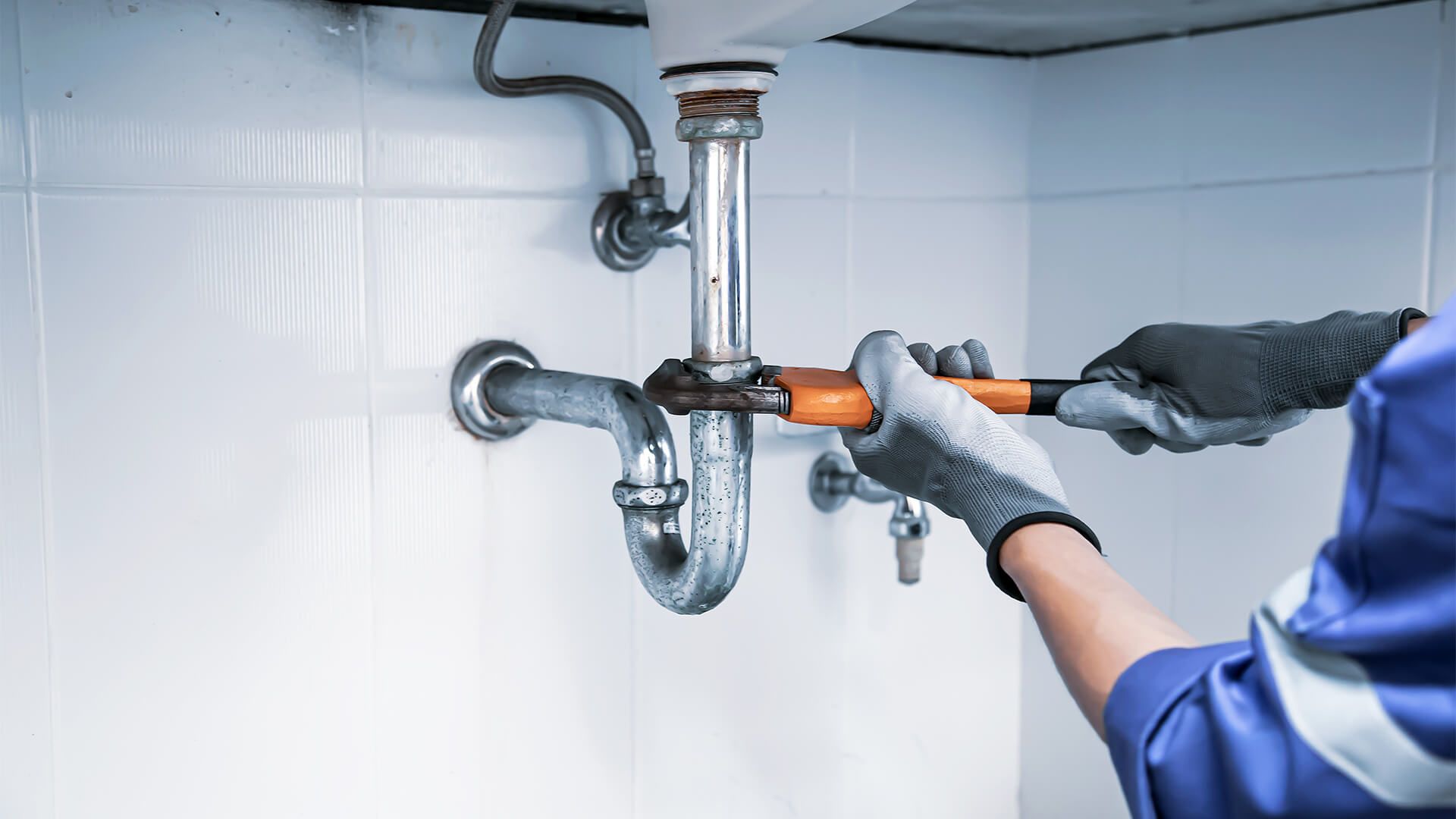FAQS About Plumbing
Let’s face it—plumbing is one of those things we only think about when something goes wrong. And when it does? You’re suddenly drowning (sometimes literally) in questions. From odd gurgling noises to DIY repairs, plumbing mysteries can make even the most confident homeowner feel clueless. This guide answers the top 15 most searched plumbing questions, the kind people are constantly Googling under the “People Also Ask” section. Whether you're a homeowner, renter, or curious mind, these answers will help you stay prepared, avoid expensive mistakes, and know when to call in a pro.
1. What Is the Most Common Plumbing Problem?
The king of plumbing issues? Clogged drains. Whether it’s a bathroom sink, kitchen drain, or shower, buildup of hair, grease, soap, and food waste often causes slow drainage—or complete blockage. The fix? Use a drain snake or natural cleaners like baking soda and vinegar before resorting to harsh chemicals. But more importantly, prevention is key: avoid pouring grease down the sink, and use drain covers to catch hair and debris.
2. Do You Always Need a Plumber for Repairs?
Not always. Minor issues like a running toilet, dripping faucet, or replacing a showerhead can often be handled without professional help. But if you're dealing with water leaks inside walls, low water pressure, burst pipes, or sewage backups—call a licensed plumber. DIY fixes might save money in the short term, but one mistake can lead to bigger, costlier problems down the road.
3. What Are the Most Common Plumbing Interview Questions?
If you’re eyeing a career in plumbing, expect questions like:
- “What types of piping systems are you experienced with?”
- “Can you explain how you handle emergency plumbing situations?”
- “How do you diagnose water pressure problems?” Employers want to see your technical knowledge, problem-solving skills, and safety awareness. So brush up on the basics, codes, and customer service etiquette.
4. What Are Some Interesting Facts About Plumbing?
Plumbing isn’t just pipes and wrenches—it’s a world full of surprises. For example, did you know the word “plumber” comes from the Latin word plumbum, meaning lead? Ancient Rome had lead piping! Also, Albert Einstein once said if he could do it all over again, he’d be a plumber. That’s how essential and respected this profession is.
5. What Knowledge Do You Need for Plumbing?
Plumbers need a strong grip on physics, math, and water flow principles. You must understand pipe materials, local building codes, safety regulations, and how water systems interact. Being hands-on, having attention to detail, and the ability to troubleshoot on the fly are crucial.
6. What Is the Most Common Injury in Plumbing?
Plumbing might not seem dangerous, but injuries do happen. The most common are back strains, cuts, and slips from wet surfaces. Eye injuries from flying debris or chemical exposure are also possible. Wearing safety glasses, gloves, and practicing proper lifting techniques can go a long way.
7. How Do You Find the Best Plumber for the Job?
Look for licensed, insured, and well-reviewed professionals. Ask for referrals, read reviews online, and check platforms like Google, Yelp, or HomeAdvisor. A reputable plumber will offer a written estimate, explain the problem clearly, and never pressure you into unnecessary repairs.
8. Are There Certifications You Should Look for in a Technician?
Yes, absolutely. In the U.S., reputable plumbers should be licensed by their state or local authority. Certifications from institutions like the Plumbing-Heating-Cooling Contractors Association (PHCC) or National Inspection Testing Certification (NITC) show commitment to training and safety. Ask to see credentials before hiring.
9. Can Plumbing Repairs Wait?
Some can. A slow drain or low-pressure faucet? Probably. But leaking pipes, sewage smells, or water stains on your walls? These demand immediate attention. Delaying serious issues can lead to mold, water damage, and skyrocketing repair bills. When in doubt—get it checked out.
10. Why Does My Water Smell Like Rotten Eggs?
That sulfuric, eggy smell usually comes from hydrogen sulfide gas in your water. It might be a sign of bacterial growth in your hot water heater or plumbing system. Flushing your heater and disinfecting the pipes can help, but in persistent cases, a plumber may need to install an aeration system or water filter.
11. How Much Does a Plumber Cost Per Hour?
Prices vary depending on your location, the complexity of the job, and time of service (yes, emergency calls cost more). On average, expect to pay $50 to $150 per hour. Always ask for a written estimate and clarify whether charges are hourly or by the job.
12. Why Is My Toilet Running Constantly?
Usually, it’s a worn-out flapper or faulty fill valve. Water is leaking from the tank into the bowl, triggering the fill mechanism endlessly. It’s a cheap and simple DIY fix, and kits are available at hardware stores. If you're not comfortable with it, a plumber can fix it in under an hour.
13. What Causes Low Water Pressure in My House?
It could be mineral buildup in your pipes, a partially closed shutoff valve, or even a hidden leak. If it’s affecting the whole house, call a plumber to inspect for larger system issues. If it’s just one faucet or shower, try cleaning the aerator or showerhead first.
14. How Often Should Plumbing Be Inspected?
Ideally, have your plumbing checked once every two years, or yearly if your home is older than 30 years. Inspections catch small leaks, corrosion, or pressure issues before they turn into major emergencies. Preventative maintenance = peace of mind.
15. Can I Use Chemical Drain Cleaners?
Yes, but with caution. Frequent use can damage your pipes, especially PVC or older metal ones. Over time, chemical reactions can weaken joints and cause leaks. Try enzymatic cleaners or physical tools first. If the clog keeps coming back, you likely have a deeper issue that needs professional attention.
Final Thoughts: Your Plumbing Questions, Answered and Simplified
Plumbing is one of those silent heroes of your home—it quietly supports your comfort, hygiene, and health. But when something goes wrong, the confusion (and panic) sets in fast. With these 15 frequently asked questions answered, you're now equipped with the know-how to make smarter decisions, recognize red flags, and even attempt a few safe DIYs.
Remember: a little knowledge goes a long way, and when in doubt, there’s no shame in calling in the pros. Your future self (and your floors) will thank you.
